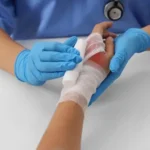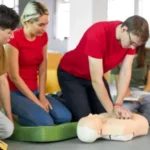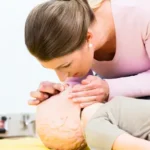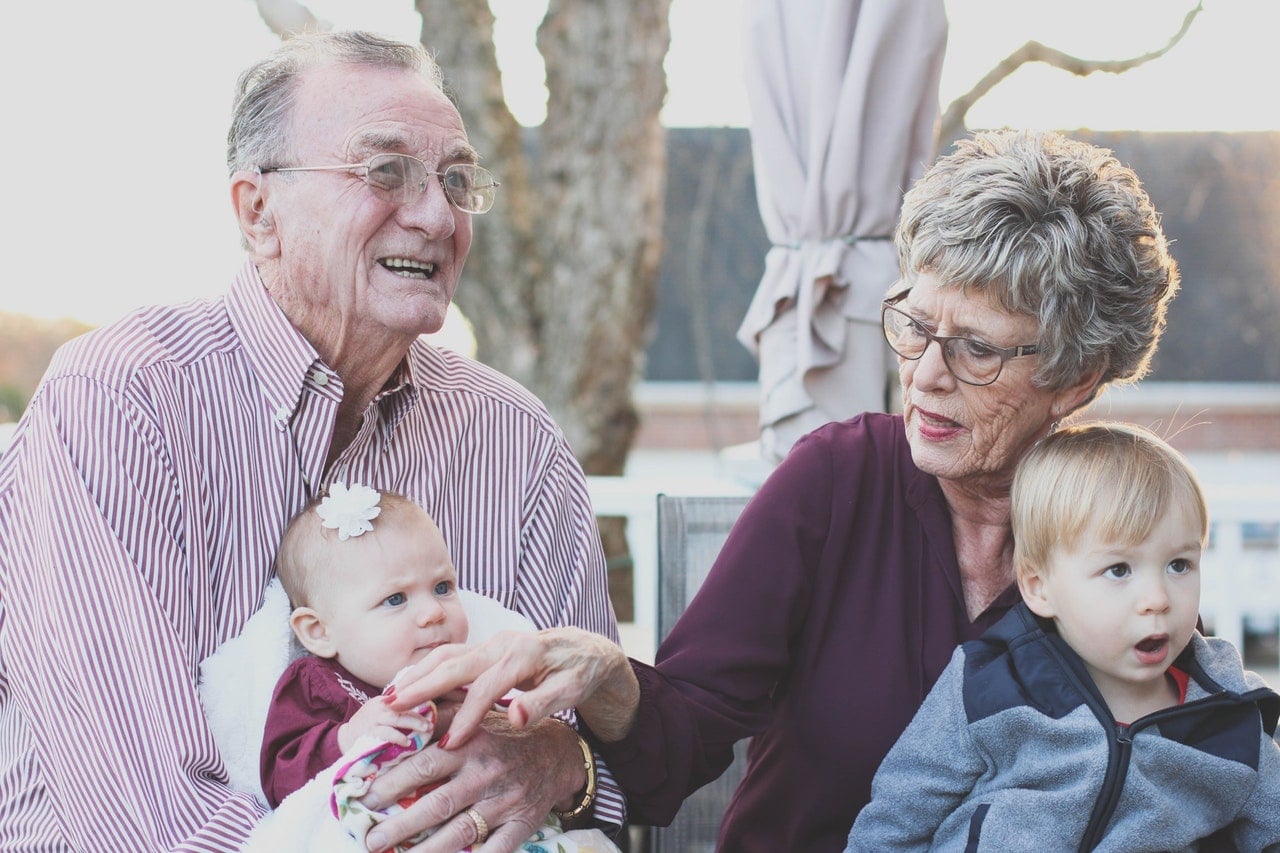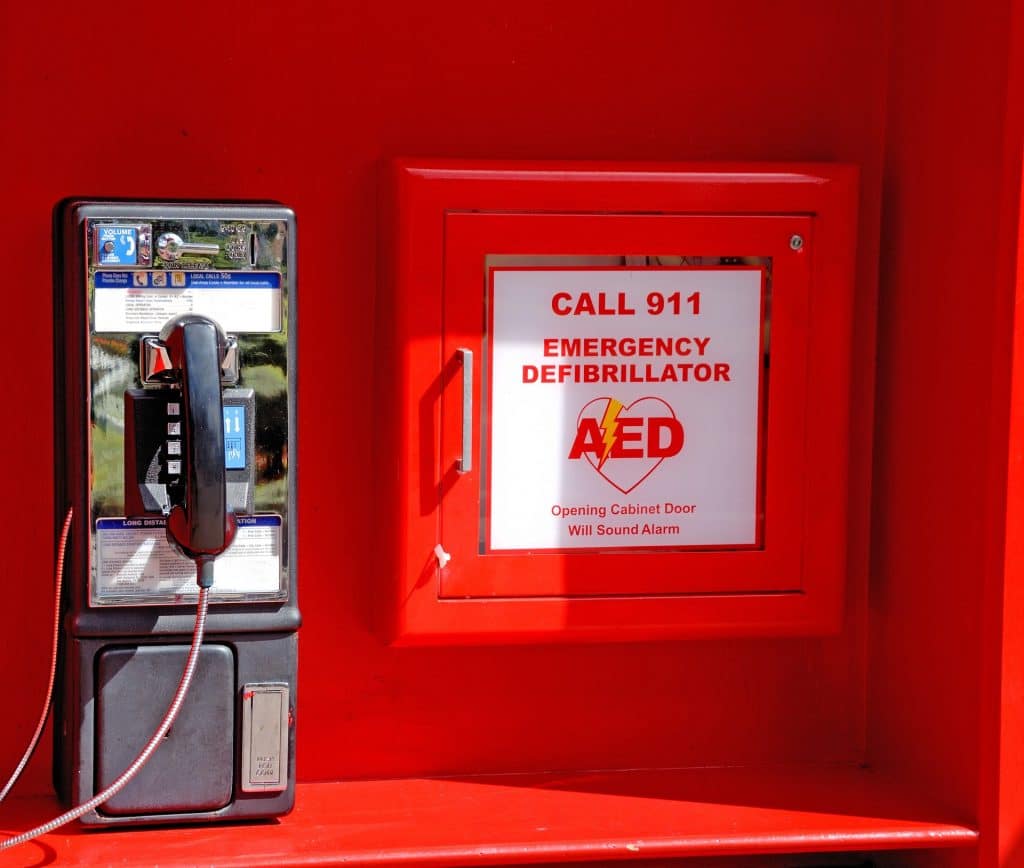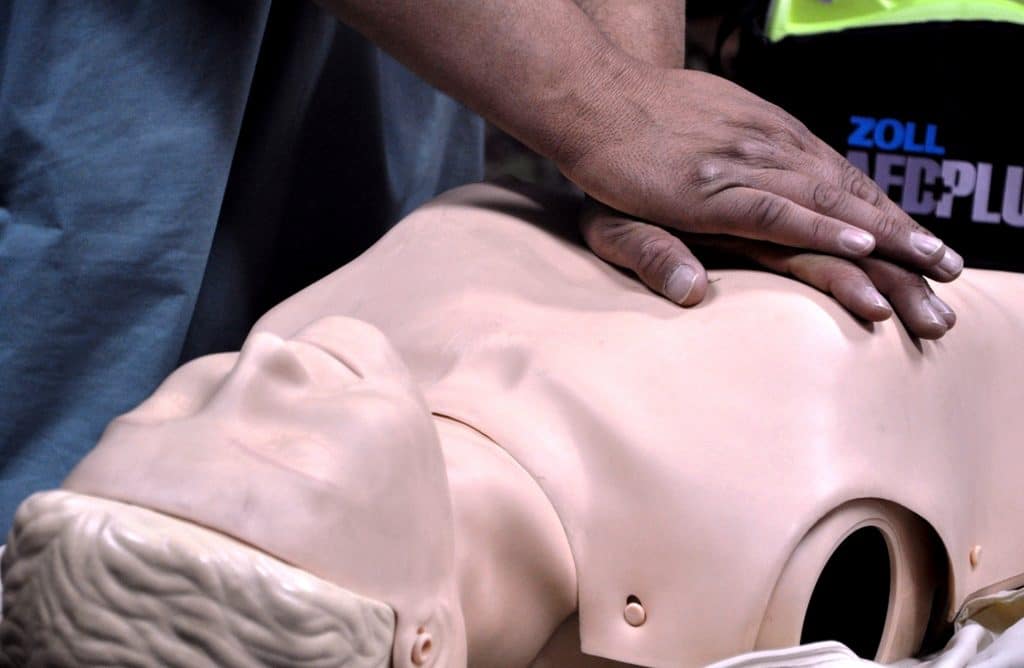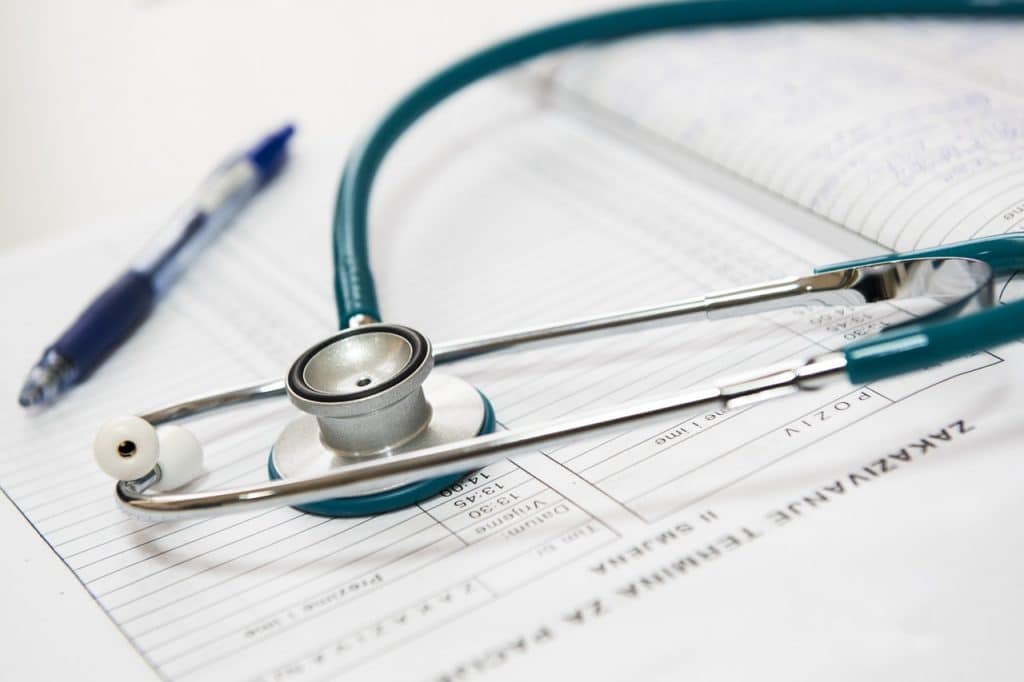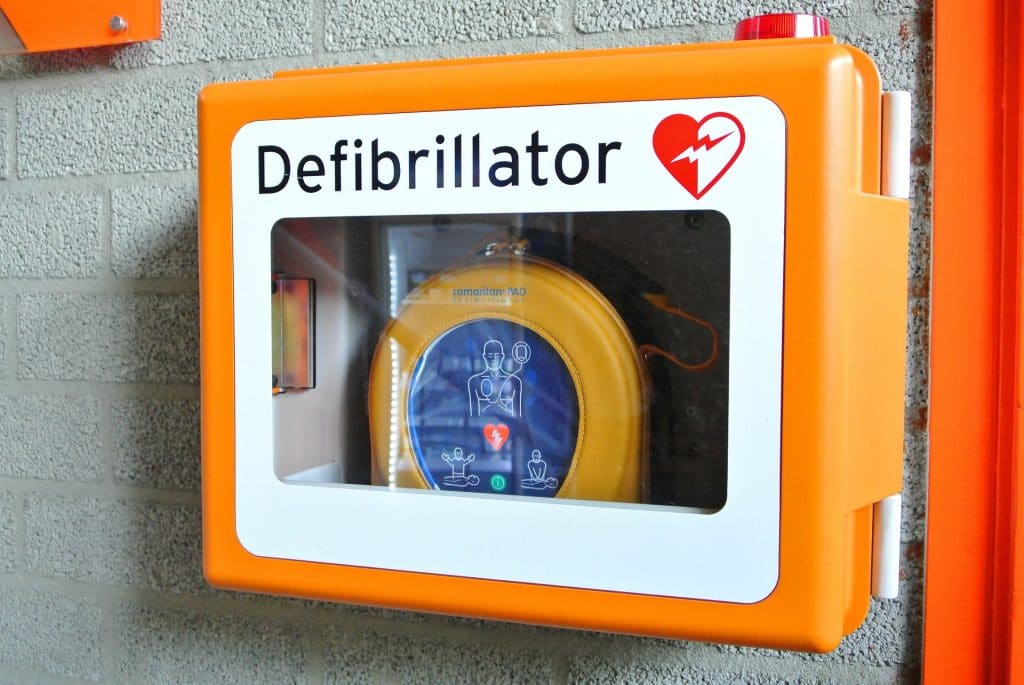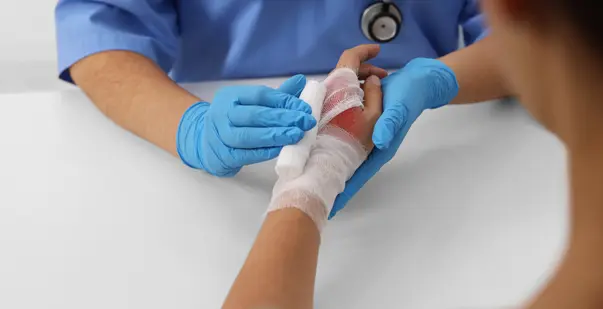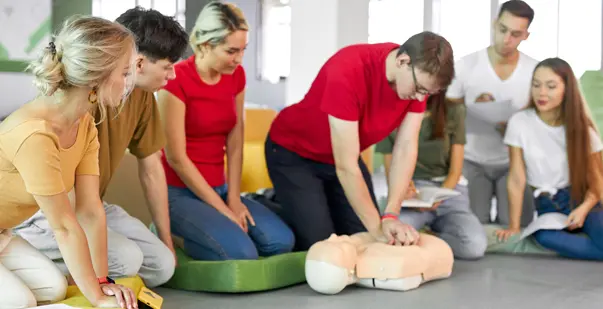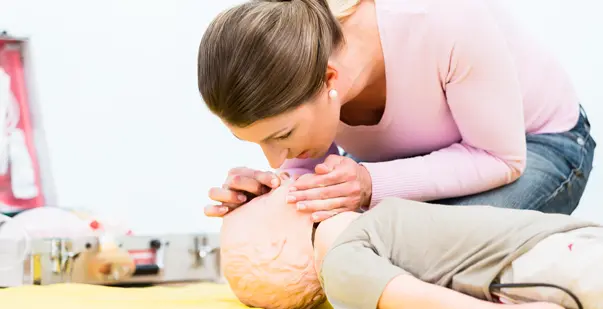Imagine this scenario: You live with your family – parents, siblings, and grandparents. Suddenly, your father collapses without warning. You go and check if he’s breathing; he isn’t. You go and check his pulse; it has stopped. What do you do? Of course, you call the paramedics. However, what will you do while waiting for them to arrive? You do CPR training classes yourself to learn CPR and having the corresponding certification will help you in this kind of emergency.
Take a short break and think about how much you’re prepared for cardiac arrest emergencies. Are you prepared? Is your family prepared? Always remember that if you fail to prepare, you are prepared to fail. So, here are some tips that could help you and your family prepare for any cardiac arrest emergencies.
Always start with calling 911 for emergency help
Engage the family in discussions about what to do when an emergency occurs. Discussions can help prevent panicking in case an emergency occurs. It is imperative for parents to let their children learn how to dial 911 or even their family doctor’s number.
Get CPR training and certification
CPR is a skill that may never be used. However, if a cardiac emergency occurs, it could save the lives of numerous people – including your loved ones. The importance of CPR lies in its purpose to buy time and help a family to stay calm before help arrives. Nationally accepted CPR training and certifications can be obtained from entities such as the American Health Care Academy and other nationally certified organizations.
Know the risks
Certain behaviors that we, the society, have embraced can increase the risk of a heart attack. Things such as sitting for long hours, not flossing, and skipping meals increase the chances of cardiovascular emergencies.
Talking to health care professionals about what can be done to lower or manage the risks of experiencing cardiac arrest is the key to being prepared.
Check cardiovascular issues that may run in the family
A history of having cardiovascular diseases increases your chances of having it, but it does not necessarily mean that you are assured of having it. Knowing your family’s history is important because it allows you to make appropriate diet changes immediately.
Some facts you should know are: Was there someone in the older generation that experienced any heart complications that led to a cardiovascular disease before the age of 55? Was the one that experienced the heart complication of a man or a woman?
Make a family fact sheet
Write down important information on a fact sheet. Keep a record of each family member’s blood type, allergies, and past and current medical conditions, and medications each person is taking with the specific dosages. This is important in case one of them gets hospitalized.
Keep an automated defibrillator at home
Defibrillators were once only available to train emergency crews but some models have been approved for home use. The steps on how to use an AED are as follows:
- Attach pads of the device to the victim’s bare chest
- The machine analyses his/her heart rhythm
- If it can be cleared by a shock, the machine gives a signal
- Stand clear and hit the shock button
Having an AED at home can prevent any sudden deaths in the family because CPR is not effective 100% of the time. For this reason, having an AED gives you a counter-measure if ever the victim does not respond to CPR.
Prevention
It is indeed true that prevention is better than cure. This is why living a healthy lifestyle like eating properly and avoiding unhealthy foods will definitely do the trick. In addition, exercising regularly will also help in averting the symptoms of a heart attack.
Key Takeaway
You can never be truly prepared for a cardiac arrest emergency if you are not properly trained and certified in CPR. As mentioned, you can get proper CPR certification from accredited sources that are nationally accepted.
Although there is nothing that we can do to prevent heart attacks and cardiac arrests from happening, preparing in advance is still the best step to take when it comes to cardiac emergencies.




